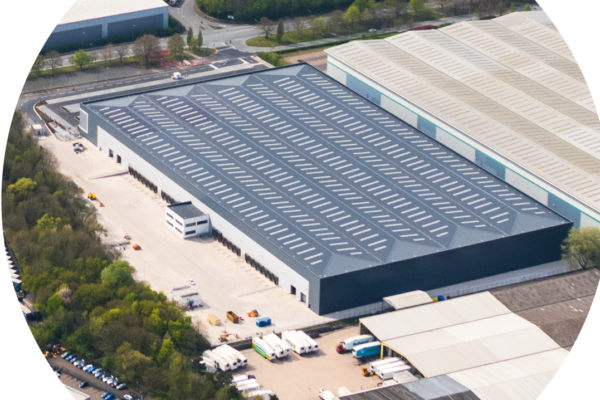Understanding the Importance of Sustainability in Modern Business

Introduction
Sustainability has emerged as a critical paradigm in the business landscape, particularly in the wake of escalating environmental concerns and social responsibility. Companies around the globe are recognising that sustainable practices not only enhance their brand image but also contribute positively to long-term financial performance. As consumers increasingly favour environmentally friendly products and services, businesses are compelled to adopt sustainable methods that align with their customers’ values. This article explores the significance of sustainability in modern business practices and its relevance in today’s economy.
Current Trends in Sustainability
Recent reports indicate that 81% of consumers feel strongly that companies should help improve the environment, illustrating a profound shift towards sustainability in purchasing behaviours. To meet this demand, businesses are adopting various strategies, including reducing carbon footprints, implementing circular economy principles, and investing in sustainable supply chains. For instance, major corporations like Unilever and IKEA have committed to comprehensive sustainability goals, aiming to reduce plastic waste and promote renewable energy usage across their operations.
Government Regulations and Initiatives
The regulatory landscape is also evolving, with governments around the world implementing stricter environmental policies aimed at promoting sustainability. This momentum is underscored by global agreements such as the Paris Accord, which compels nations to commit to lowering greenhouse gas emissions. In response, businesses must navigate this complex regulatory environment while ensuring compliance, which in turn drives innovation in sustainable technologies and practices.
Challenges and Opportunities
While the transition towards sustainability presents numerous opportunities for growth and innovation, it is not without challenges. Small and medium enterprises often struggle to balance the initial costs of implementing sustainable practices with the need for profitability. However, a growing body of research suggests that the long-term benefits, including customer loyalty and operational efficiency, often outweigh these initial investments. Moreover, businesses that integrate sustainability into their core operations are likely to be seen as leaders in their field, providing them a competitive advantage.
Conclusion
The importance of sustainability in modern business practices cannot be overstated. As consumer expectations shift and regulatory pressures increase, companies that prioritise sustainability are poised not only to enhance their reputation but also to secure their long-term viability. Businesses must continue to innovate and adapt to an evolving world where sustainability is not merely an option but a necessity. As we move forward, the integration of sustainable practices will significantly impact economies and industries worldwide, fostering a healthier planet for future generations.
You may also like

The Importance of Building a Sustainable Company

Understanding the Significance of Energy in Our Lives

The Eden Project: A Sustainable Hub for Biodiversity
SEARCH
LAST NEWS
- Remembering Wendy Richard: The Promise to Co-Star Natalie Cassidy
- How Did Anglian Water Achieve an ‘Essentials’ Rating for Mental Health Accessibility?
- Shai Hope Leads West Indies in T20 World Cup Clash Against South Africa
- What We Know About Weston McKennie: Future at Juventus and Past at Leeds
- What We Know About the Upcoming Live Nation Antitrust Trial